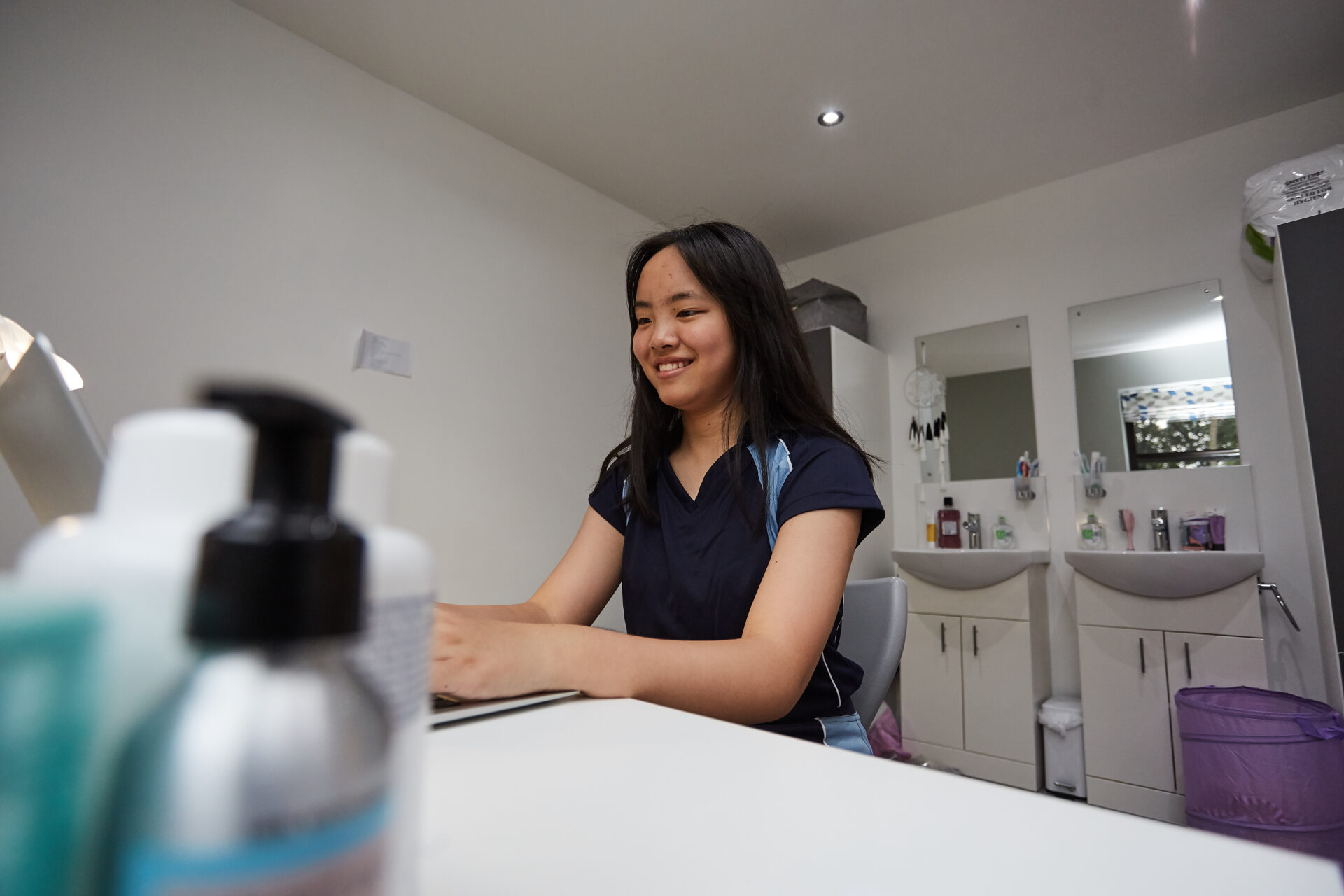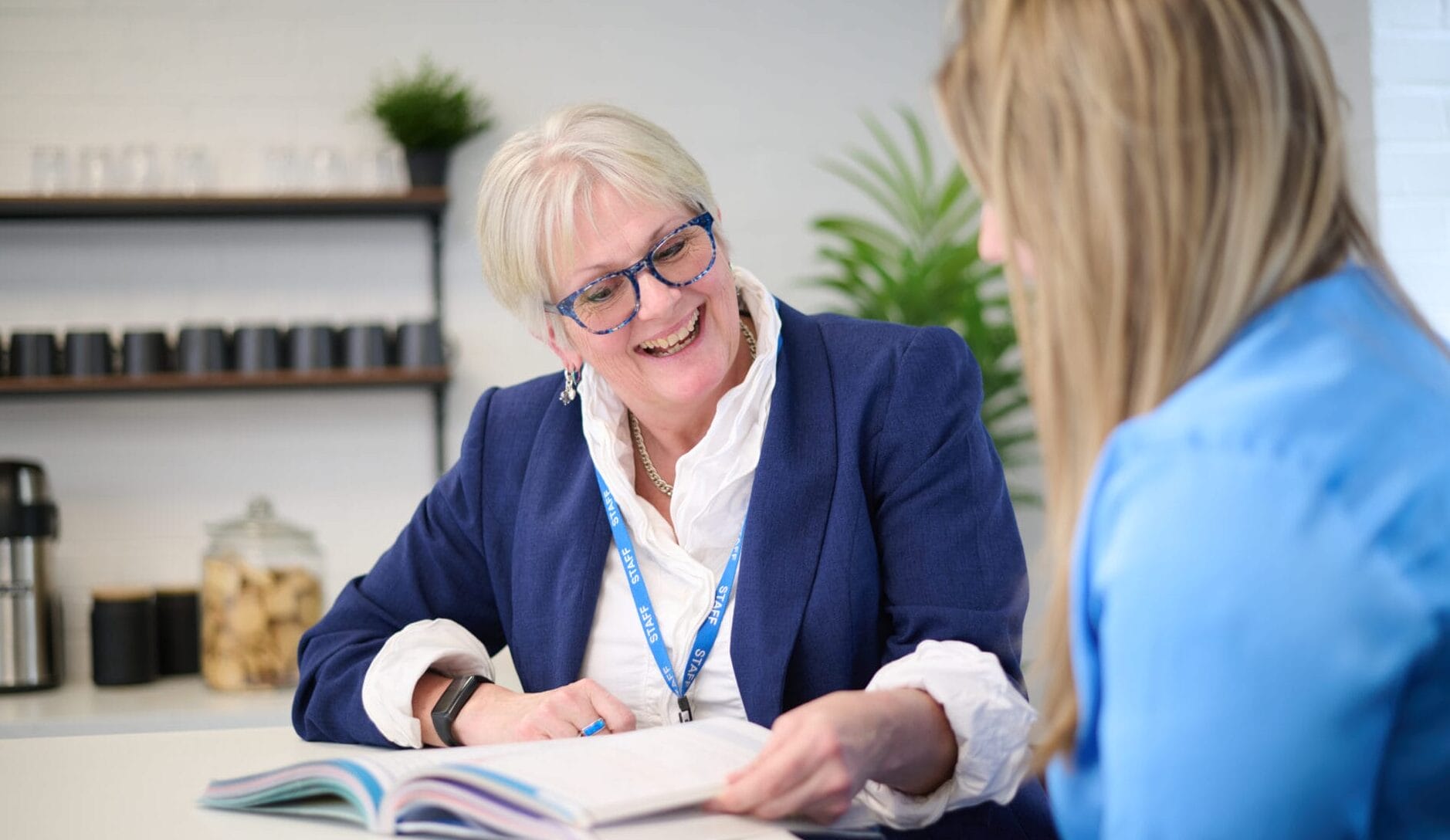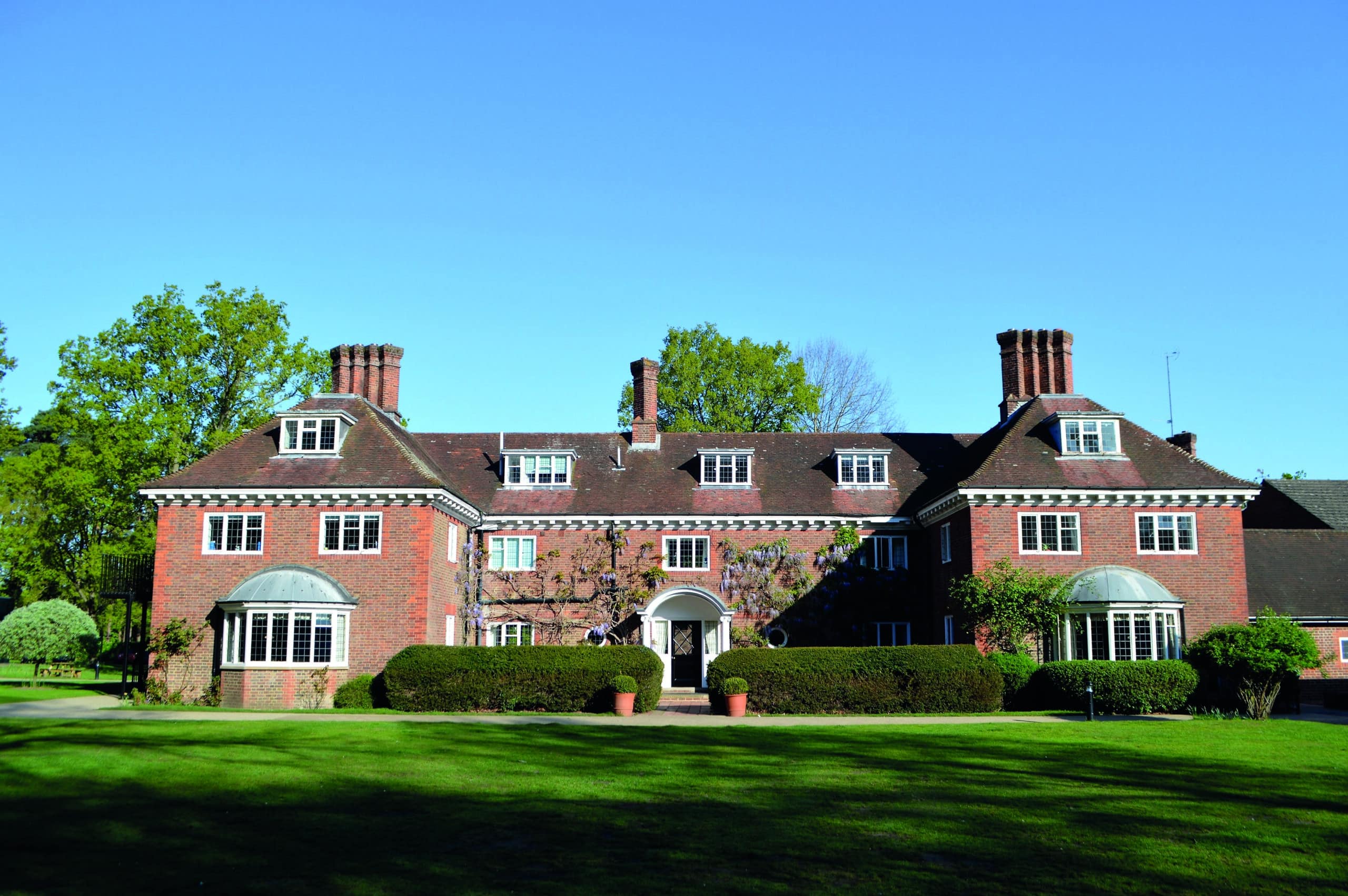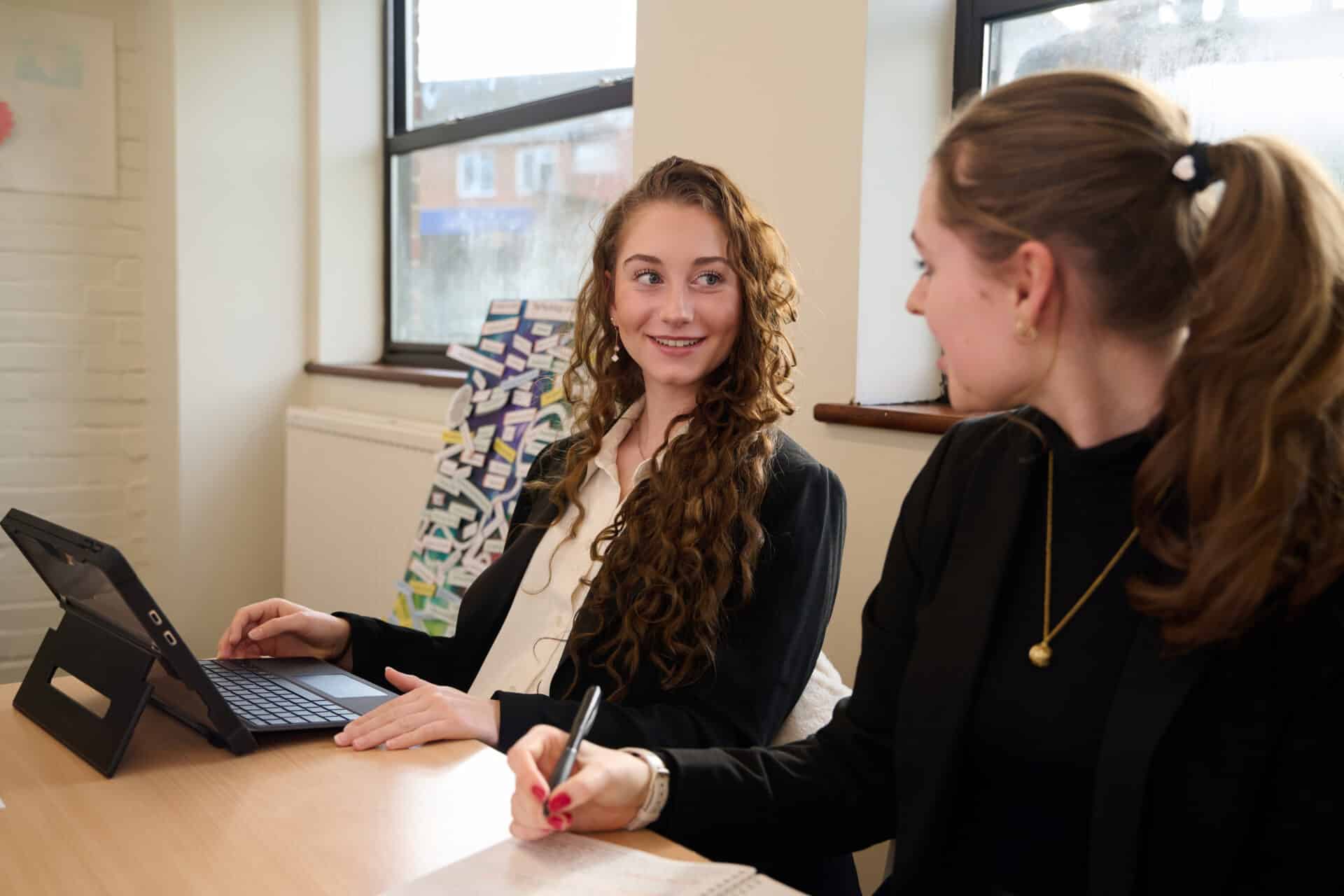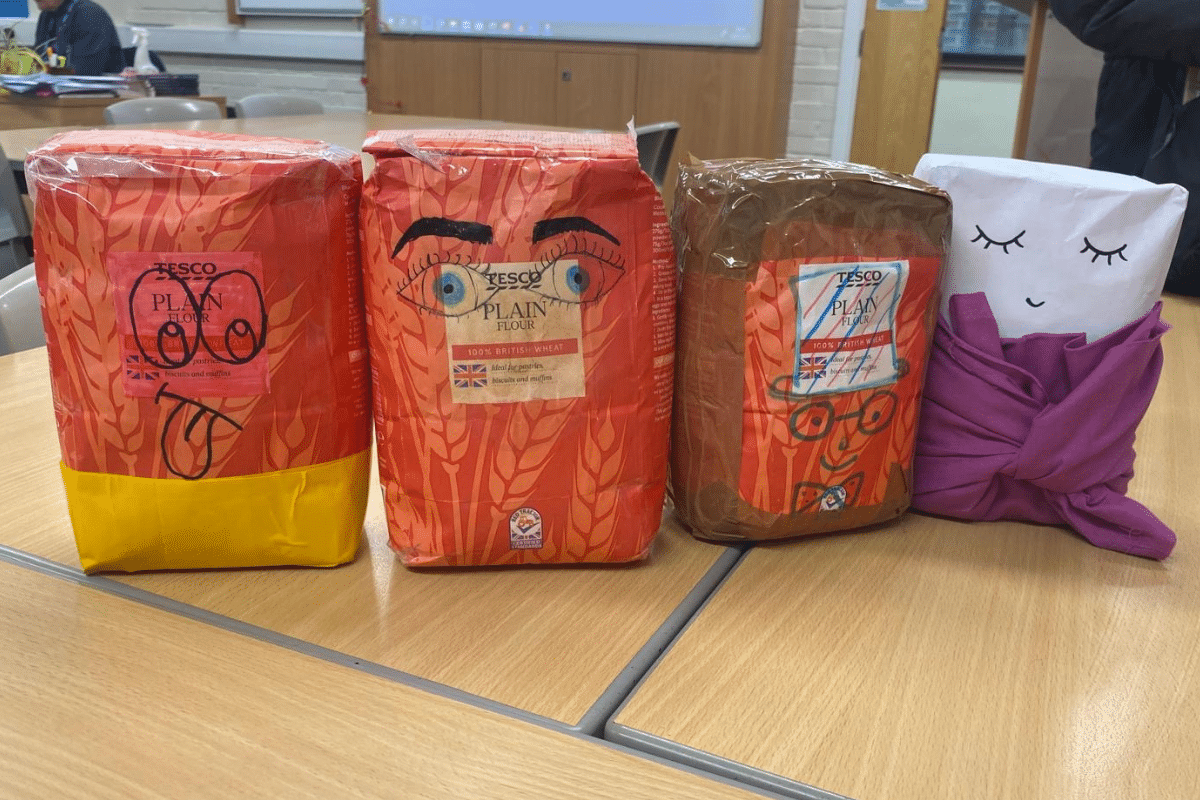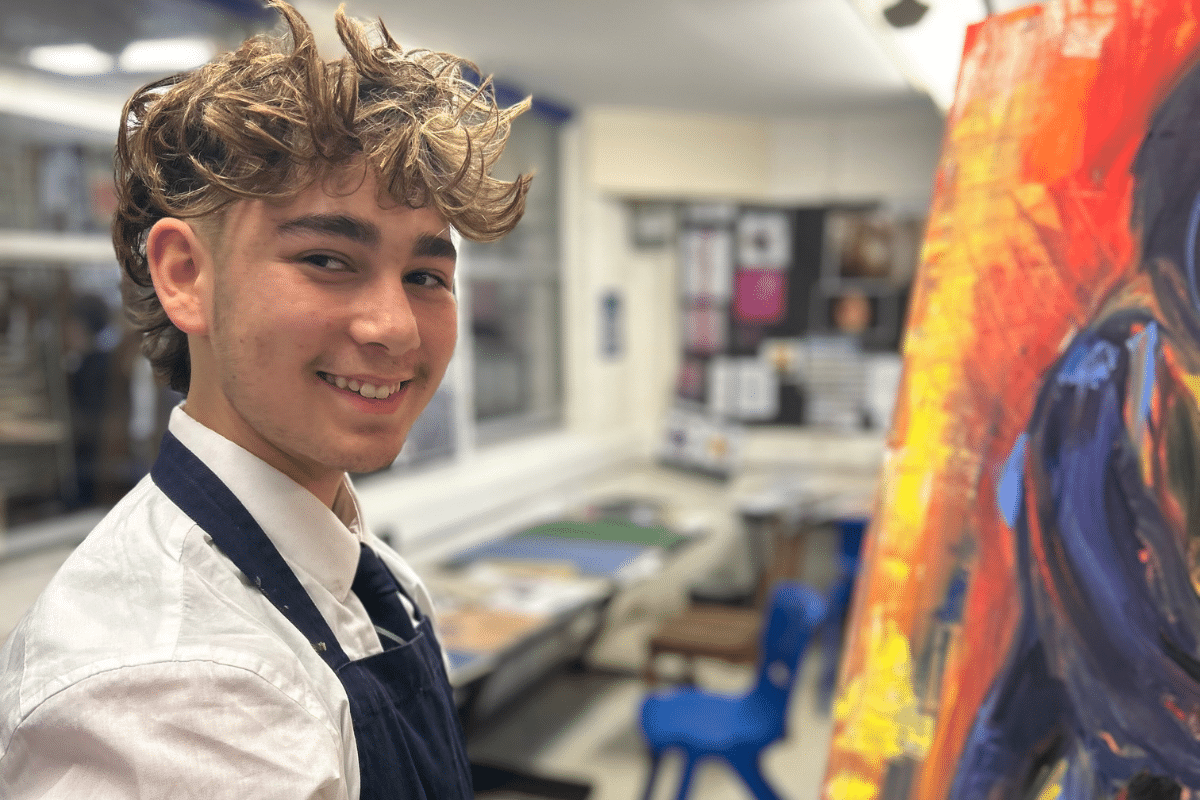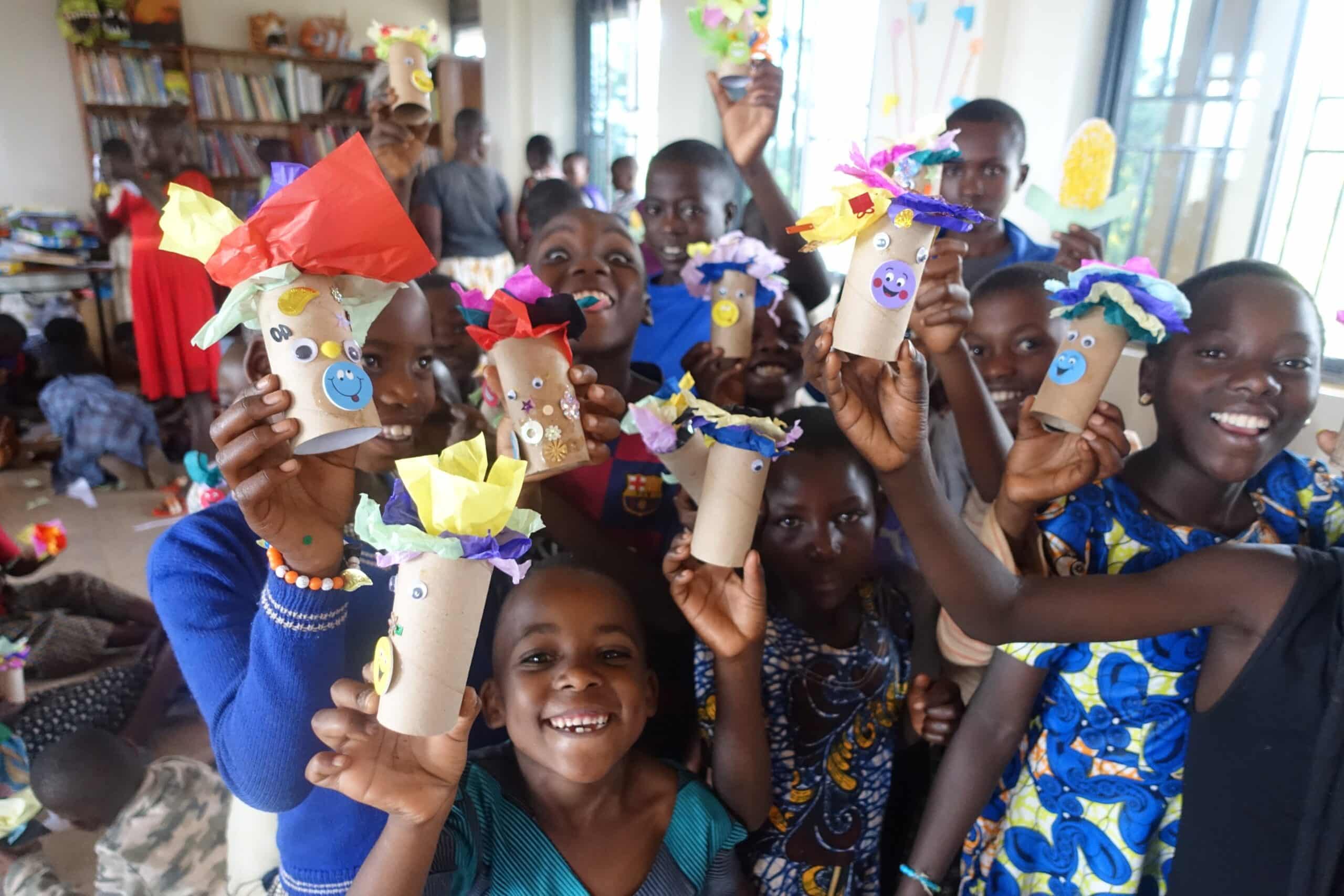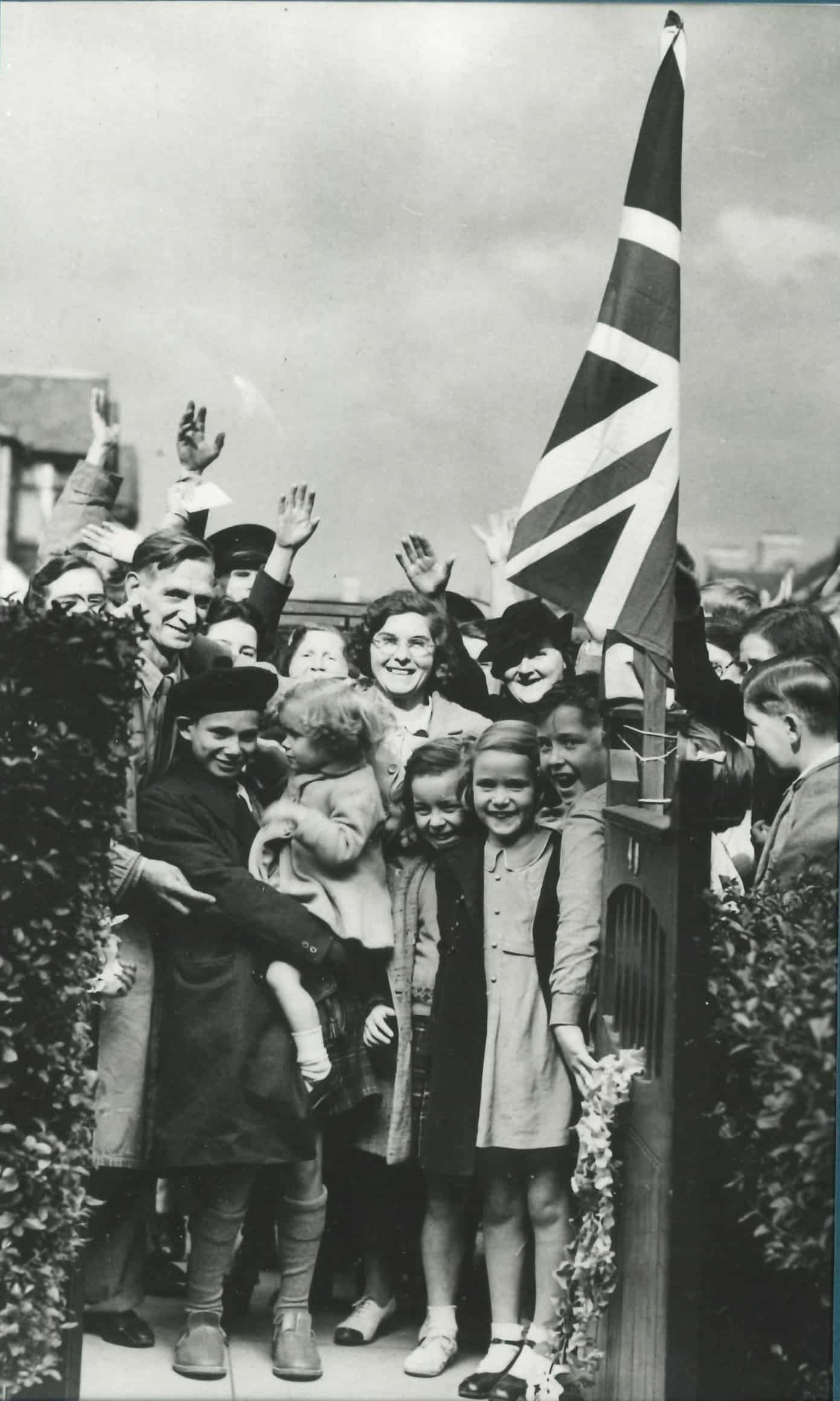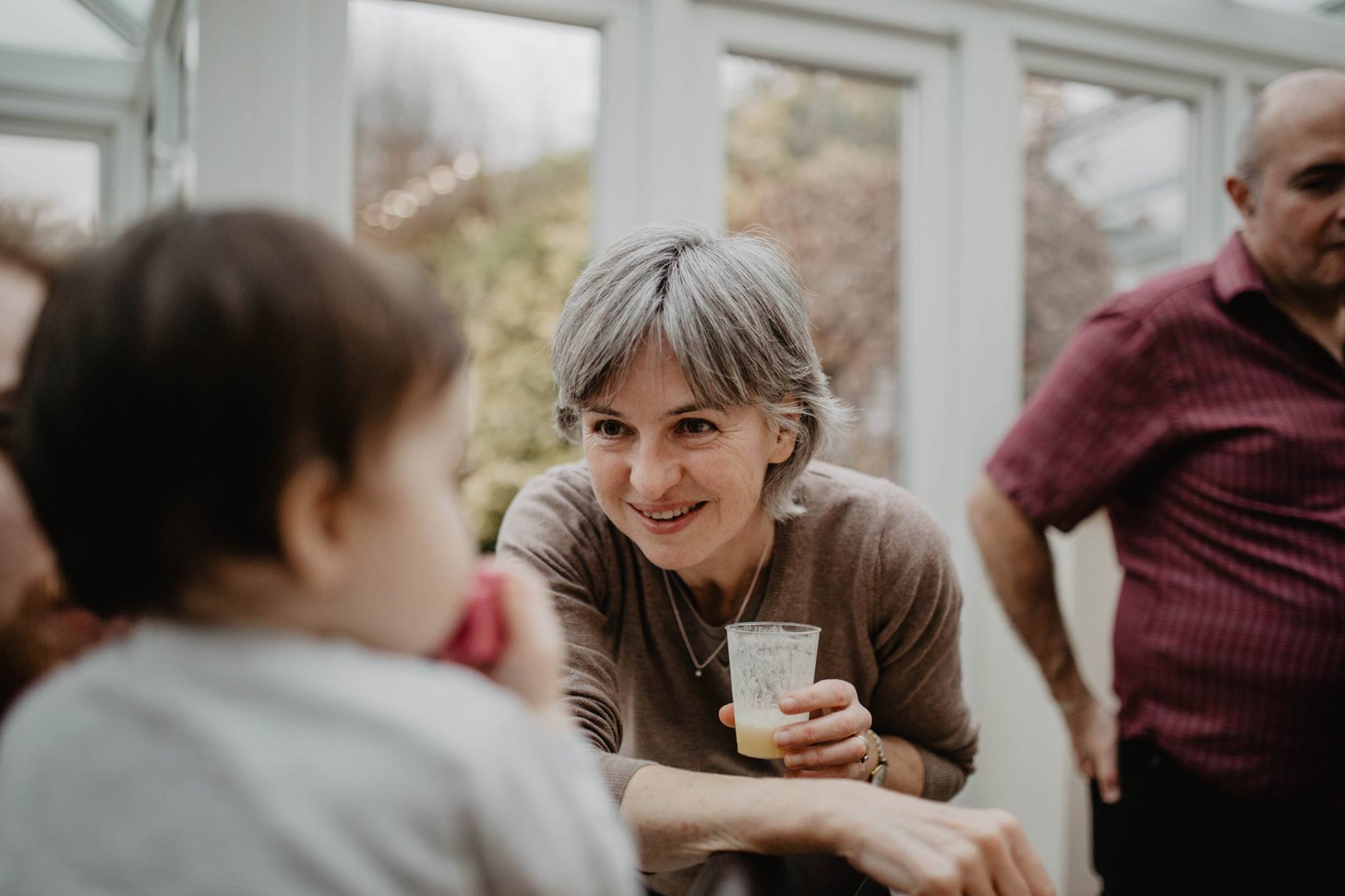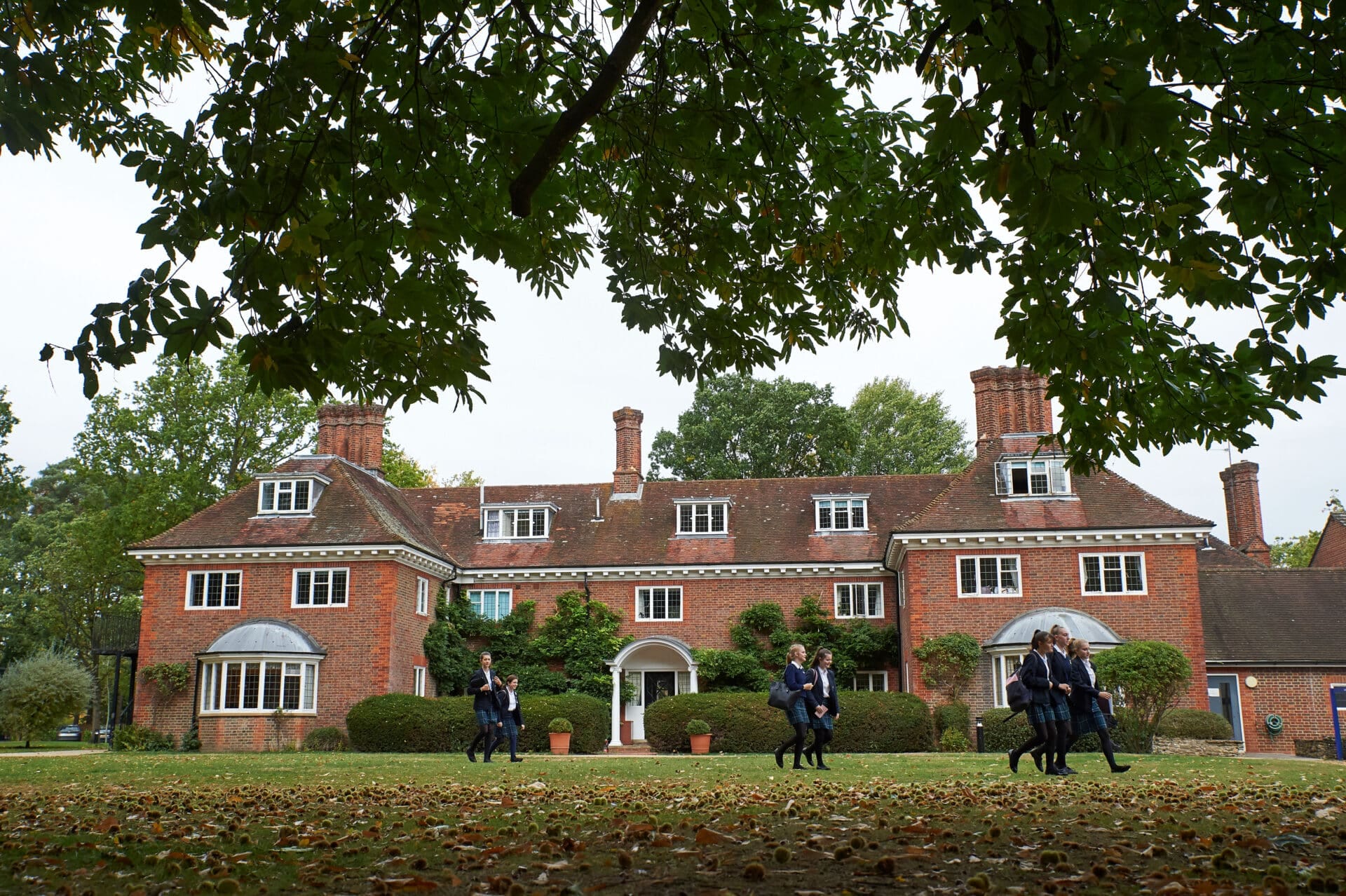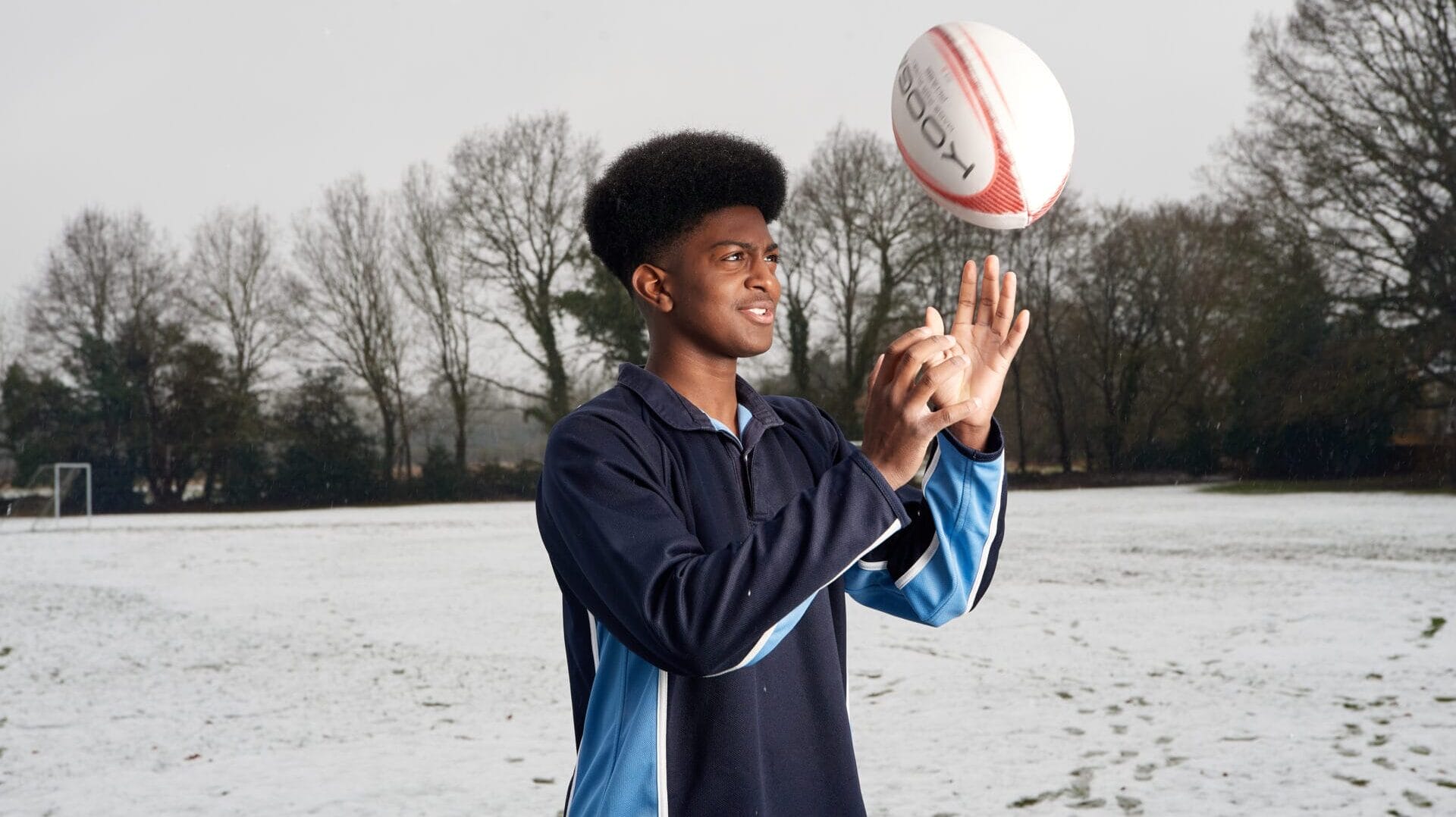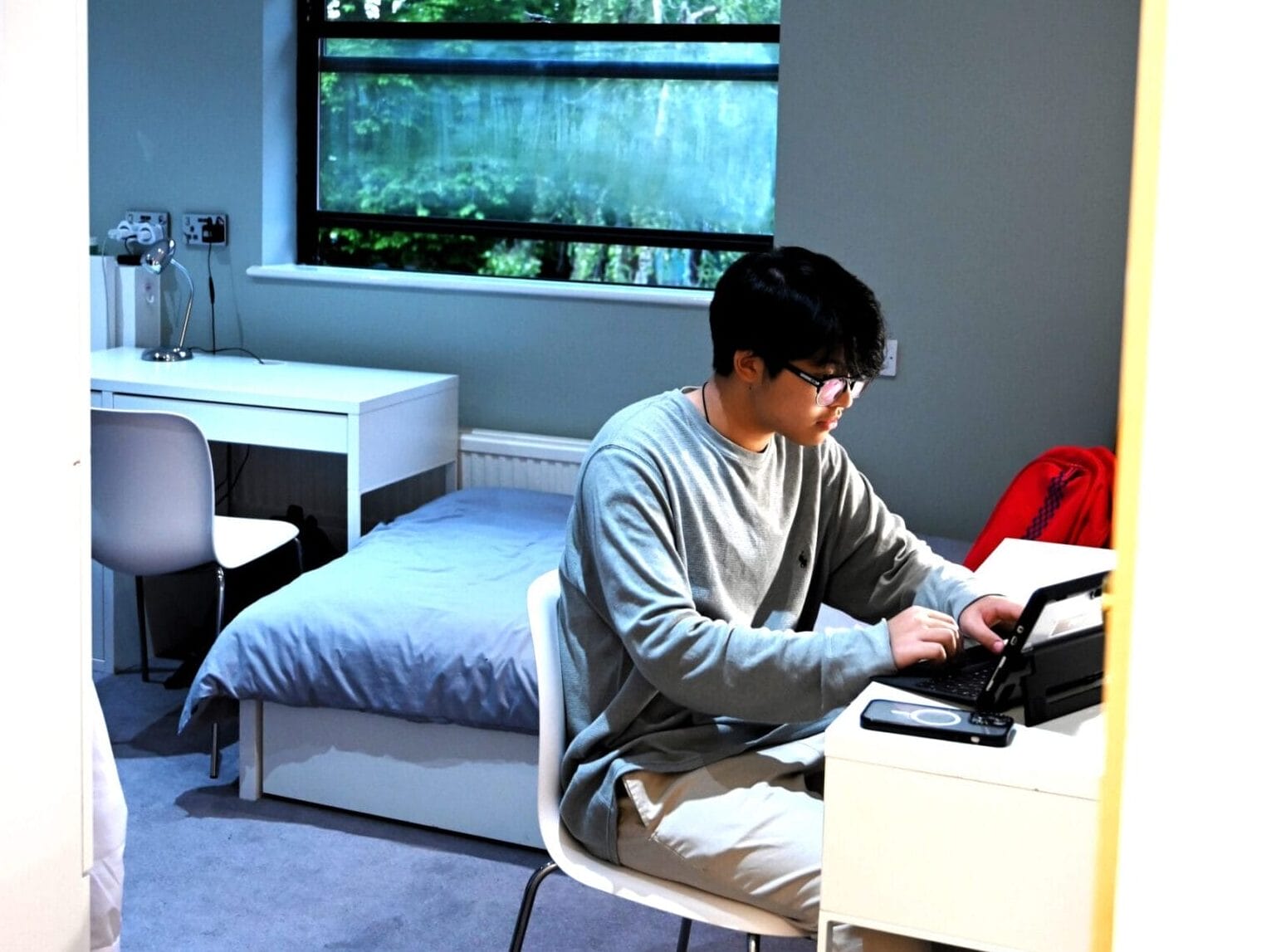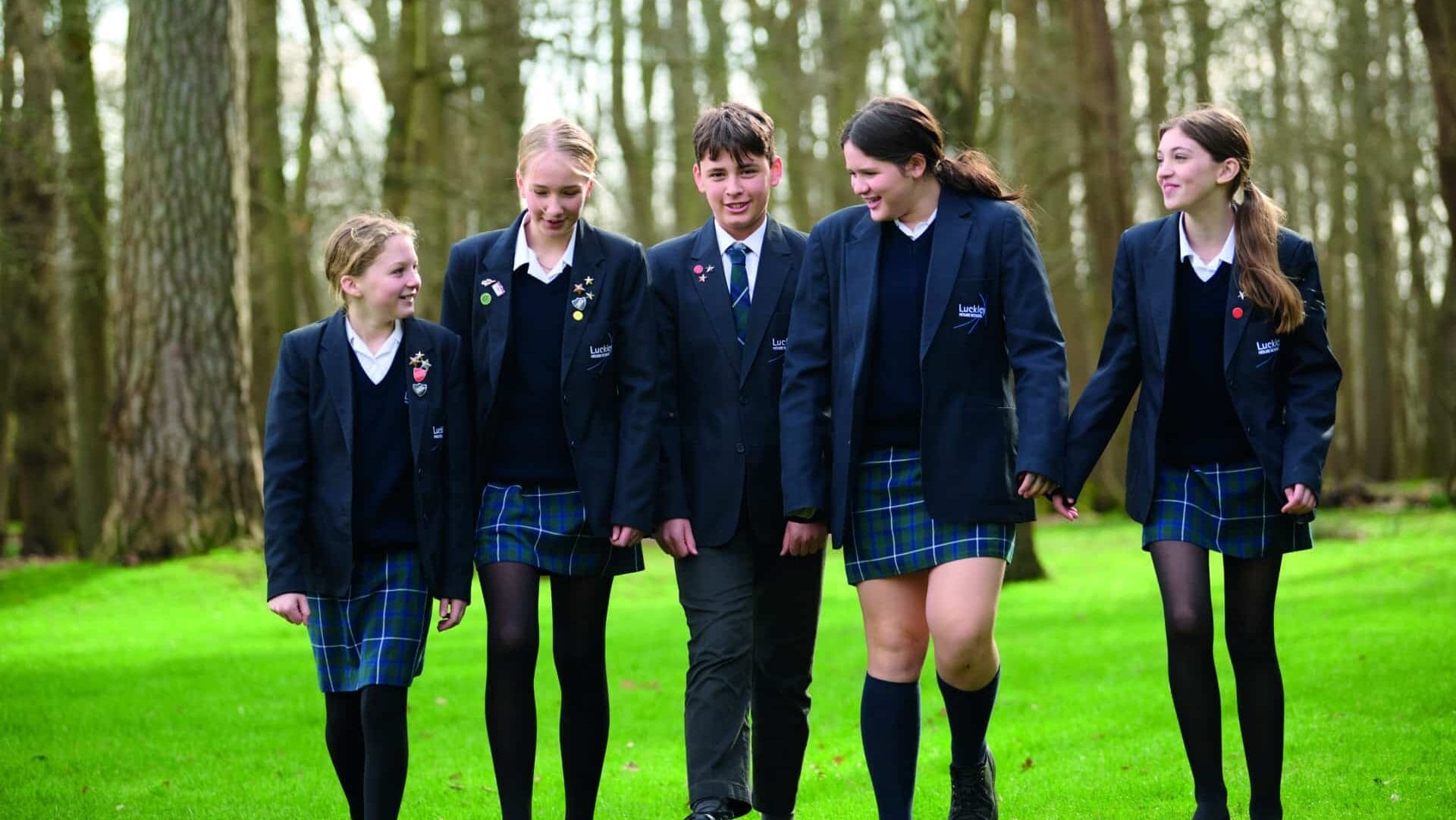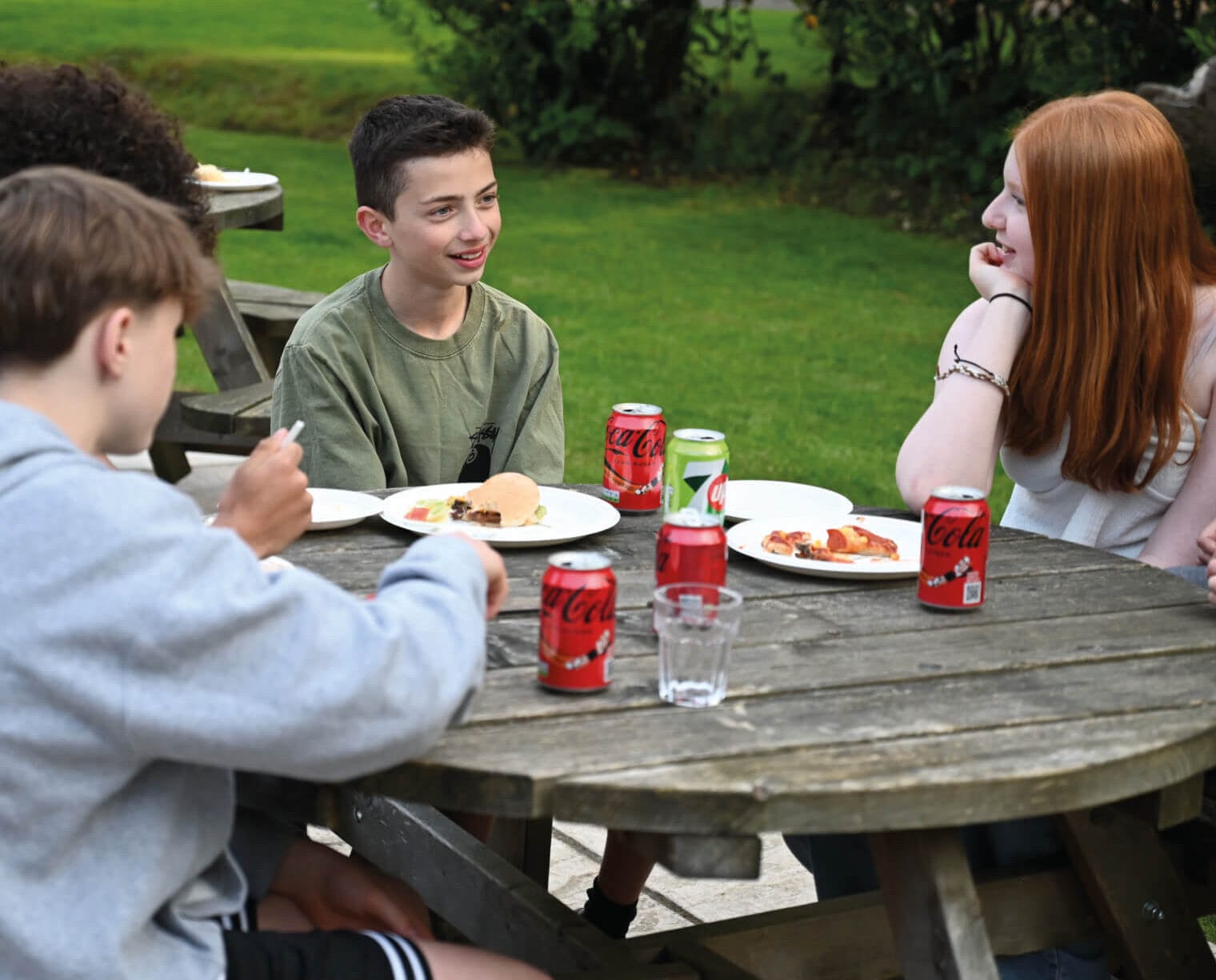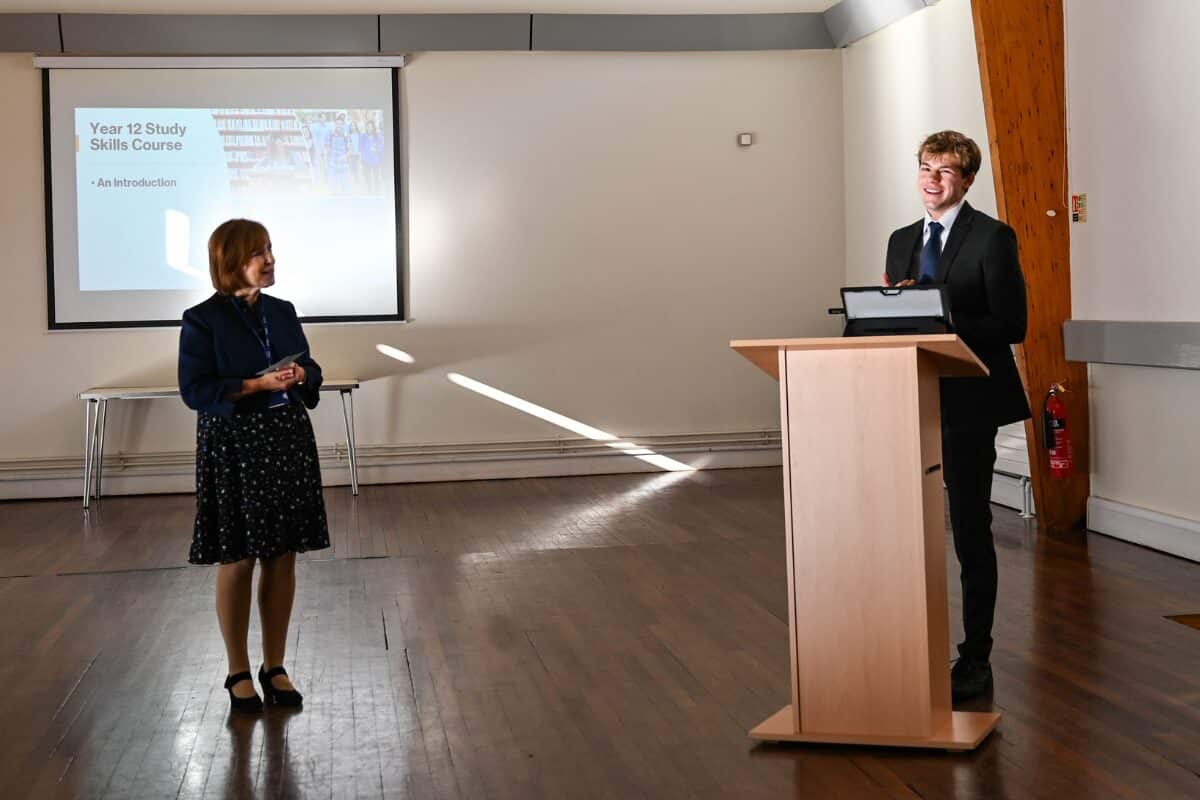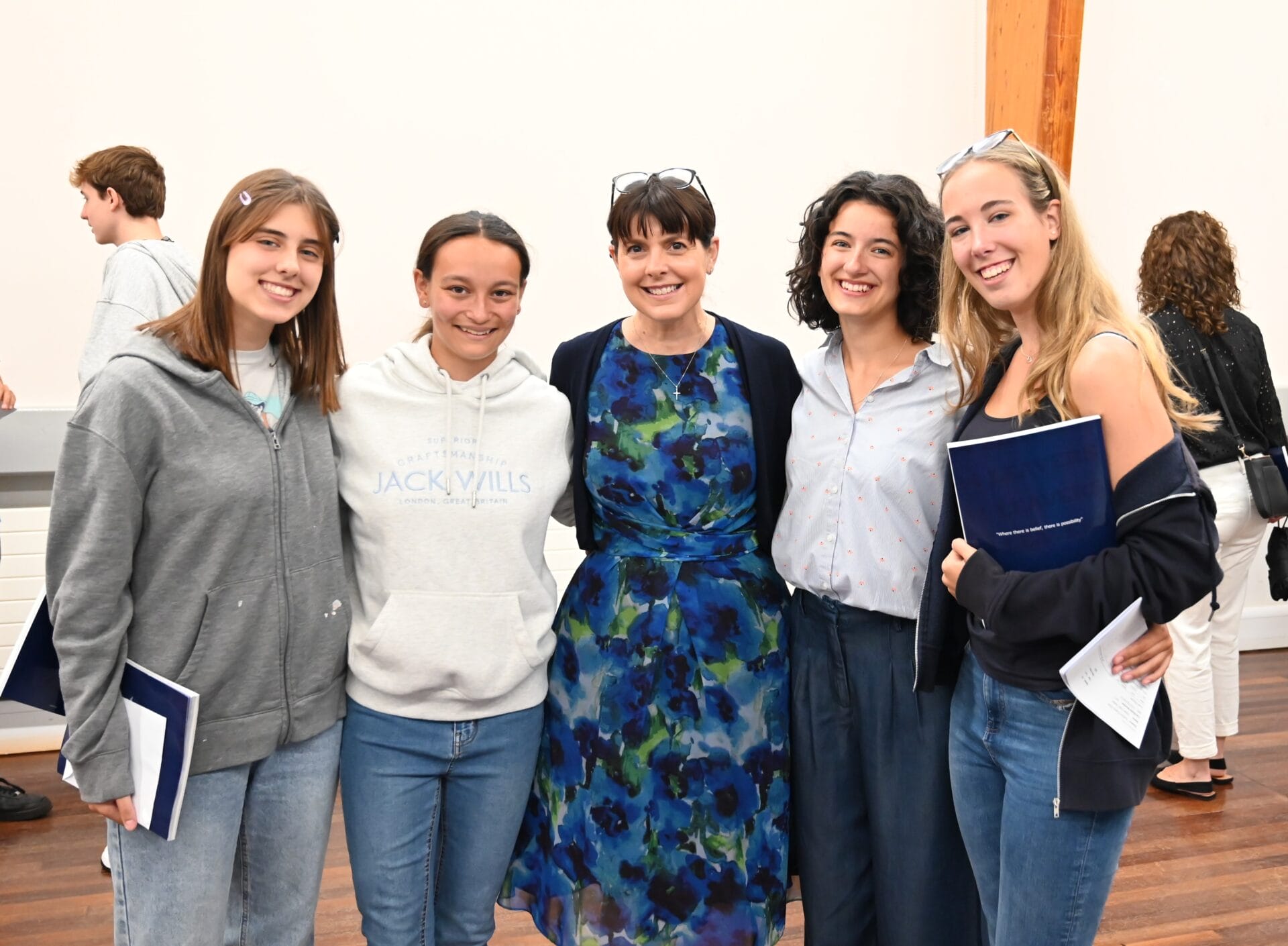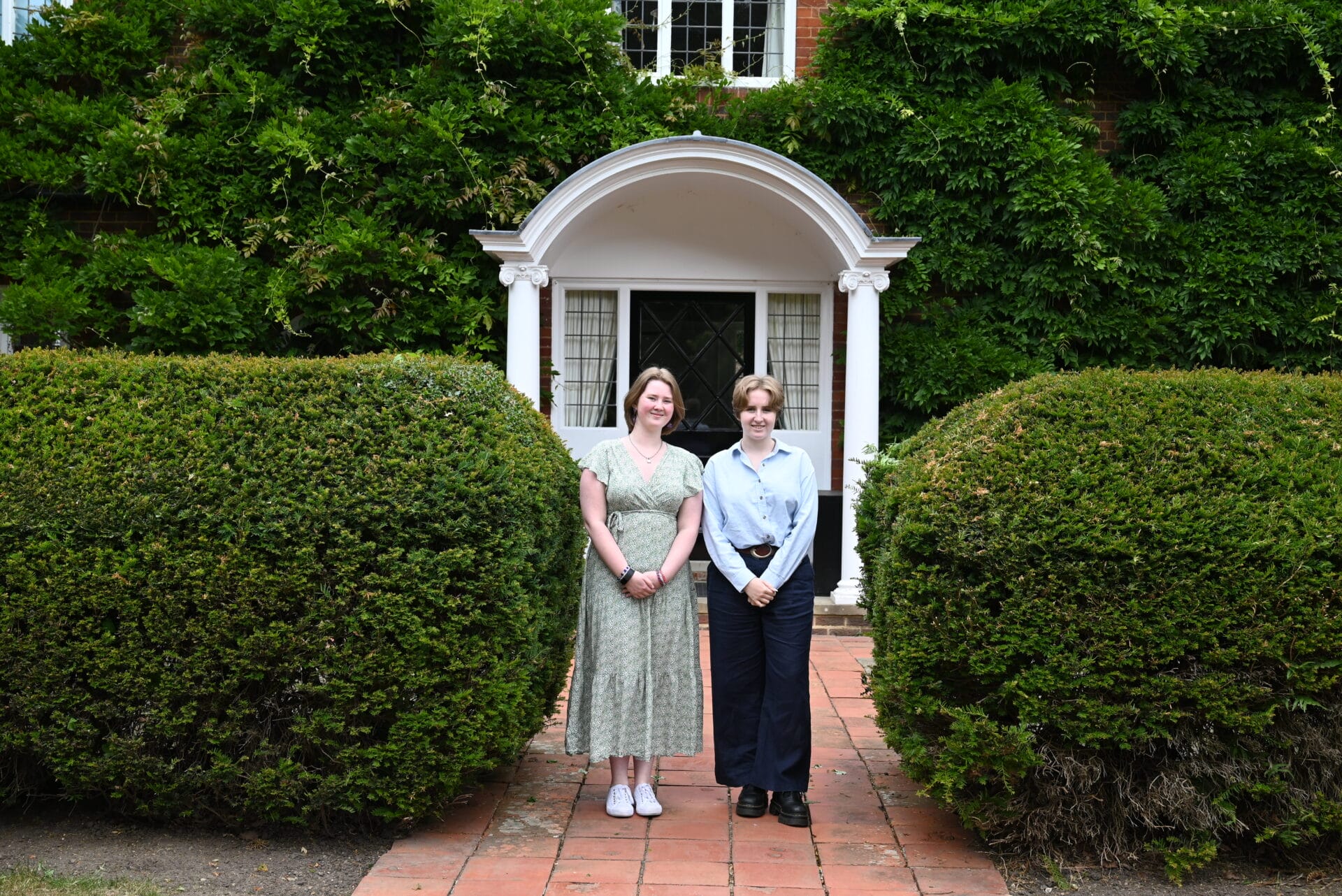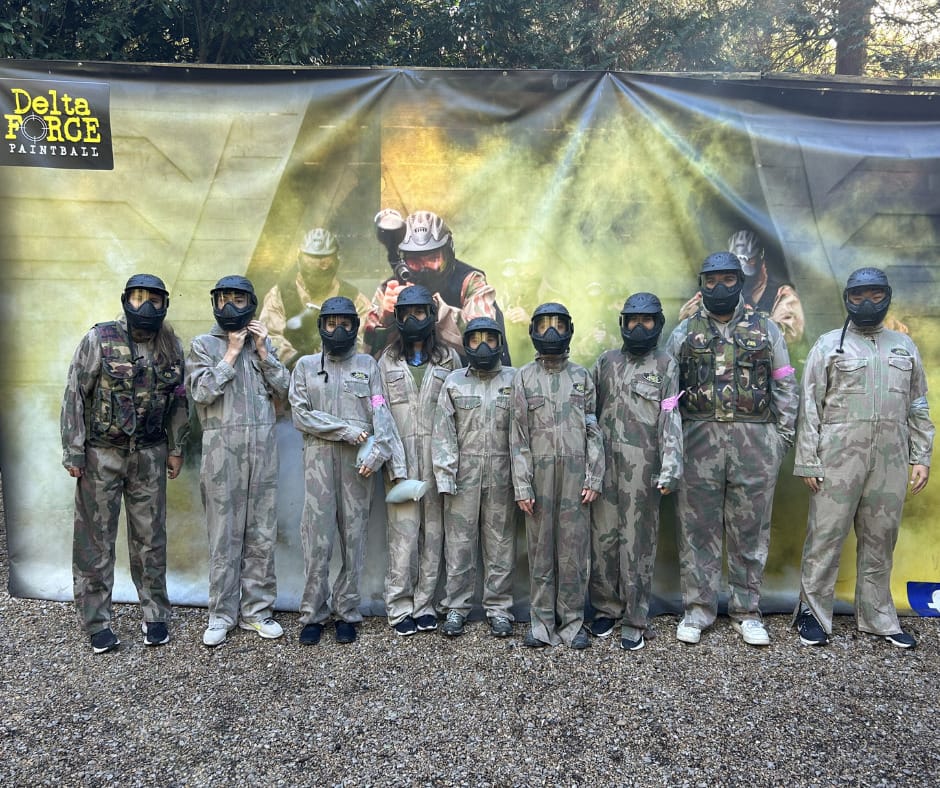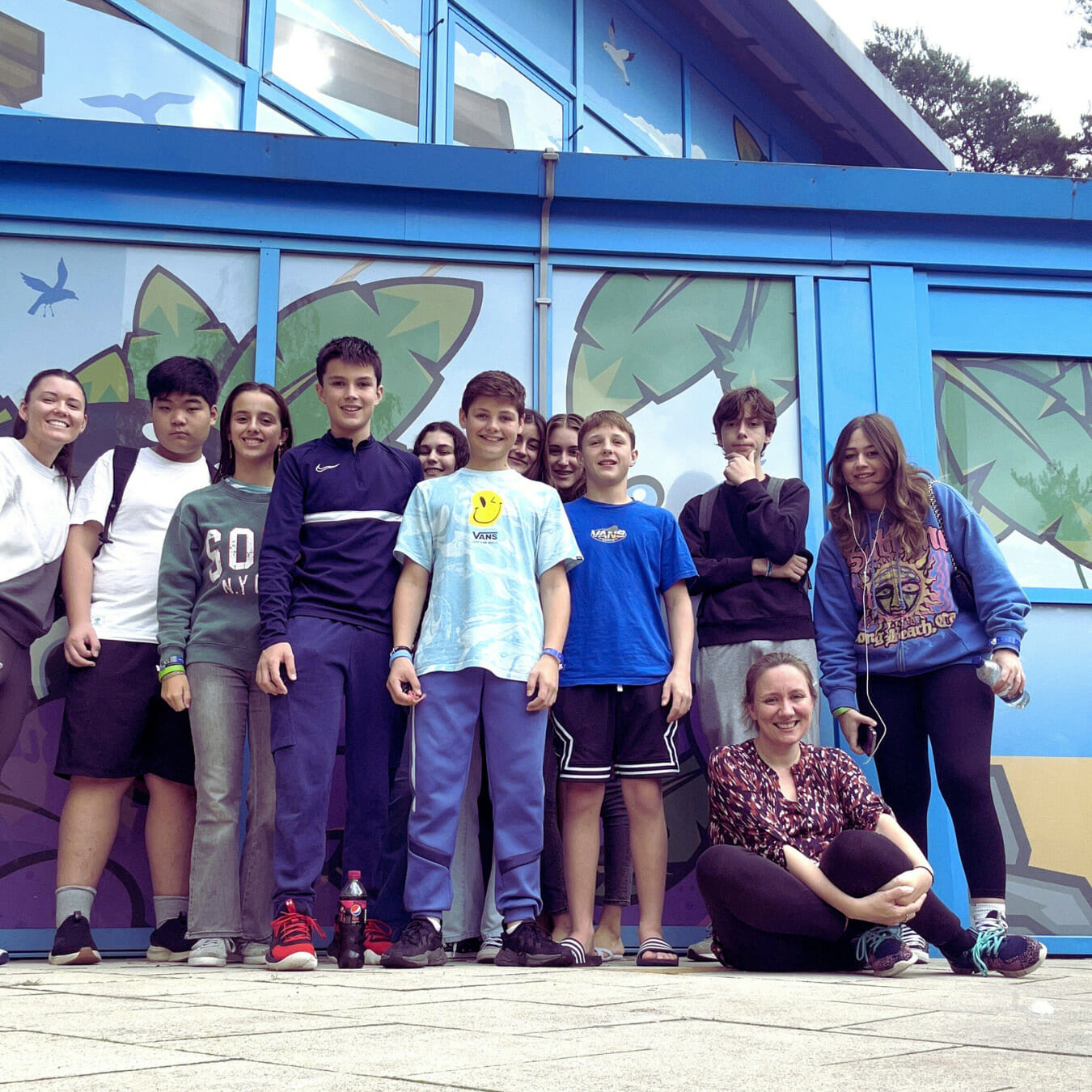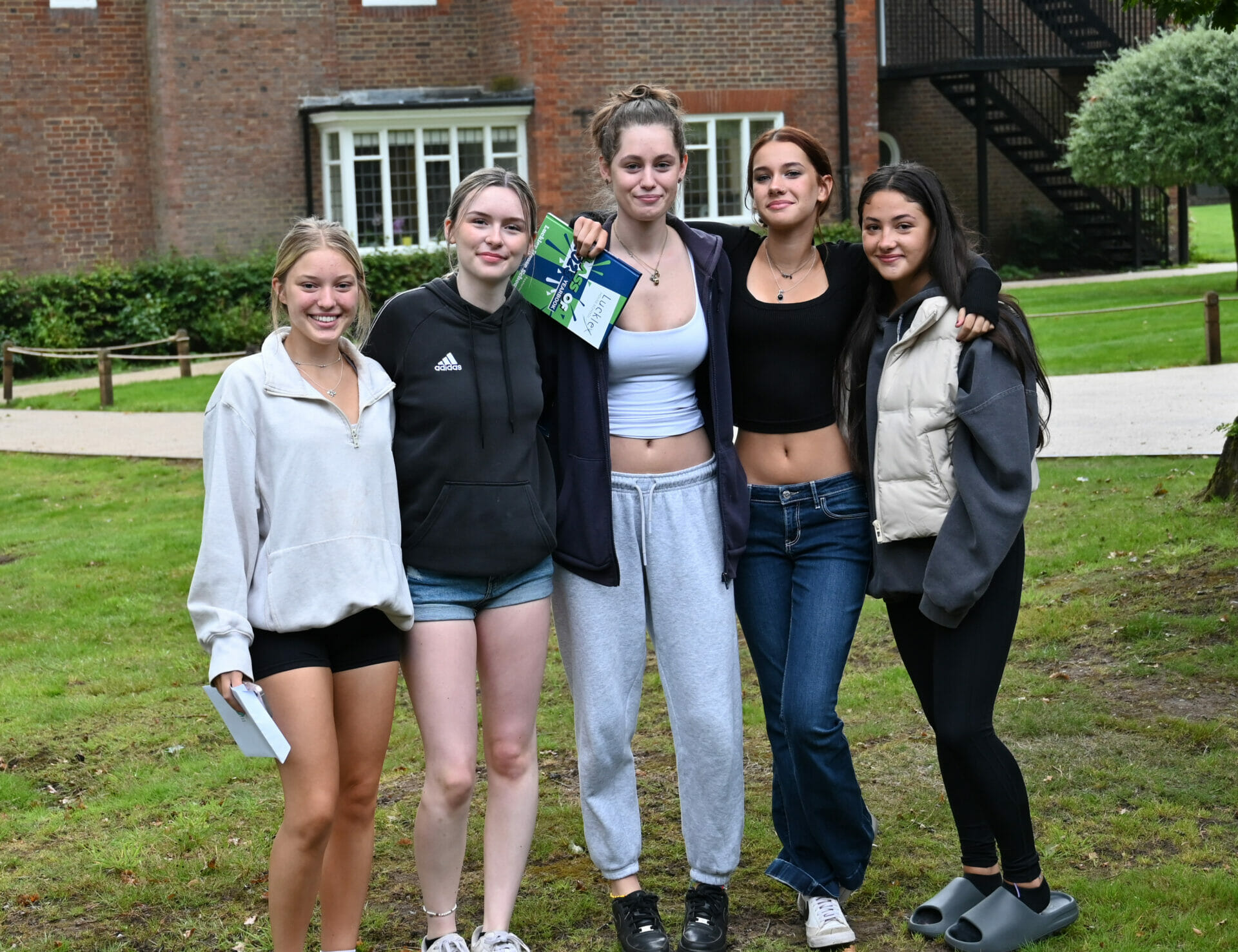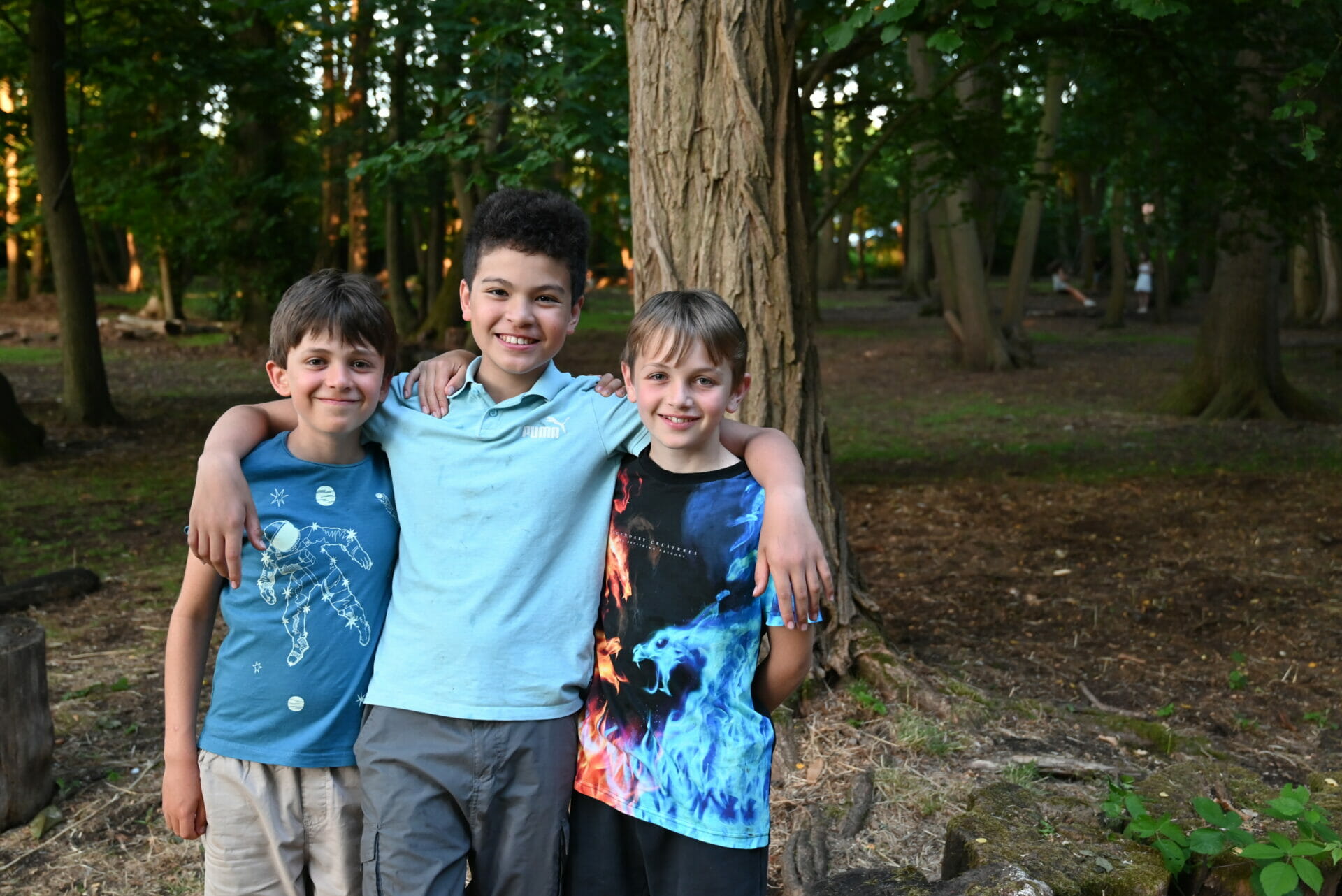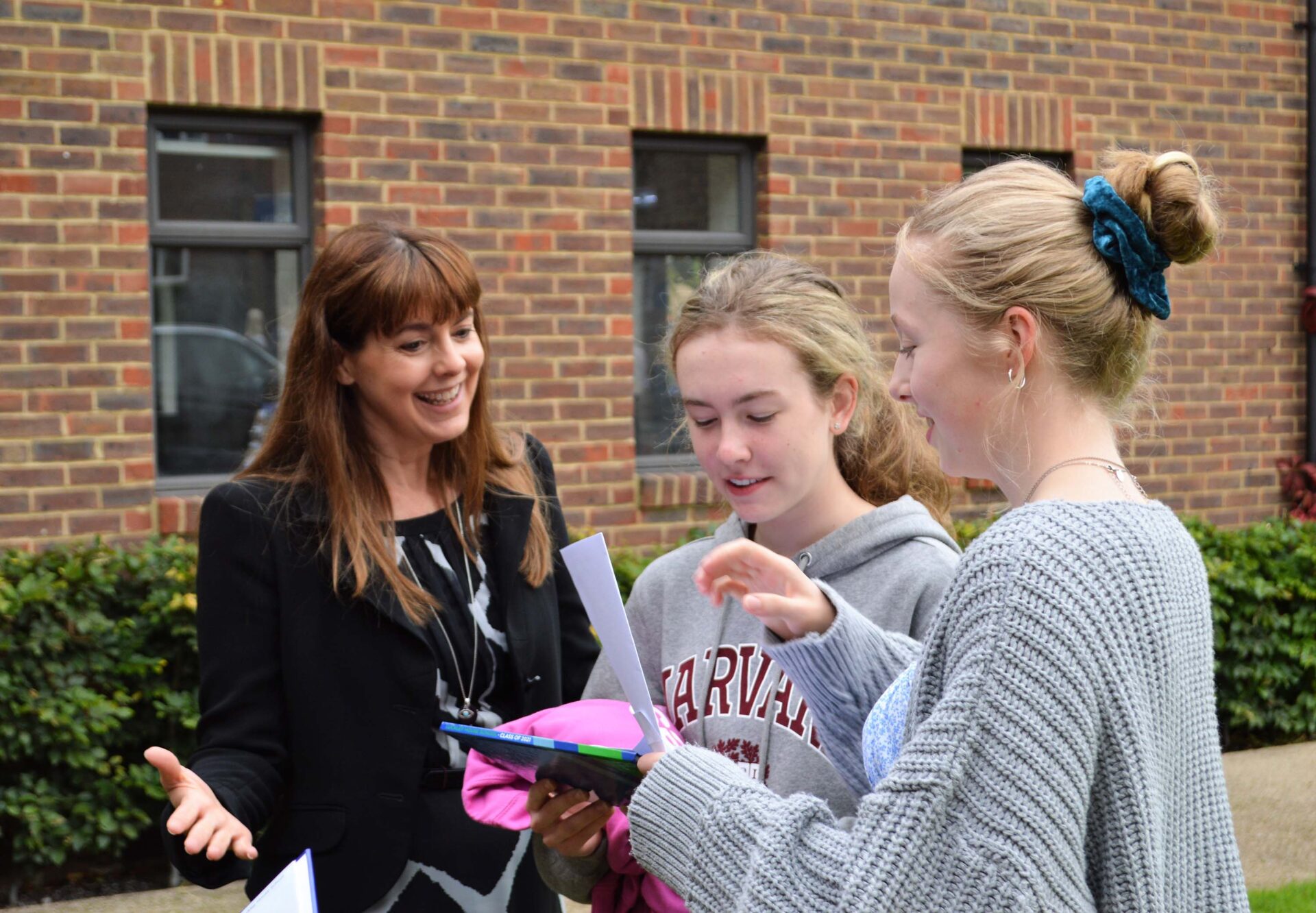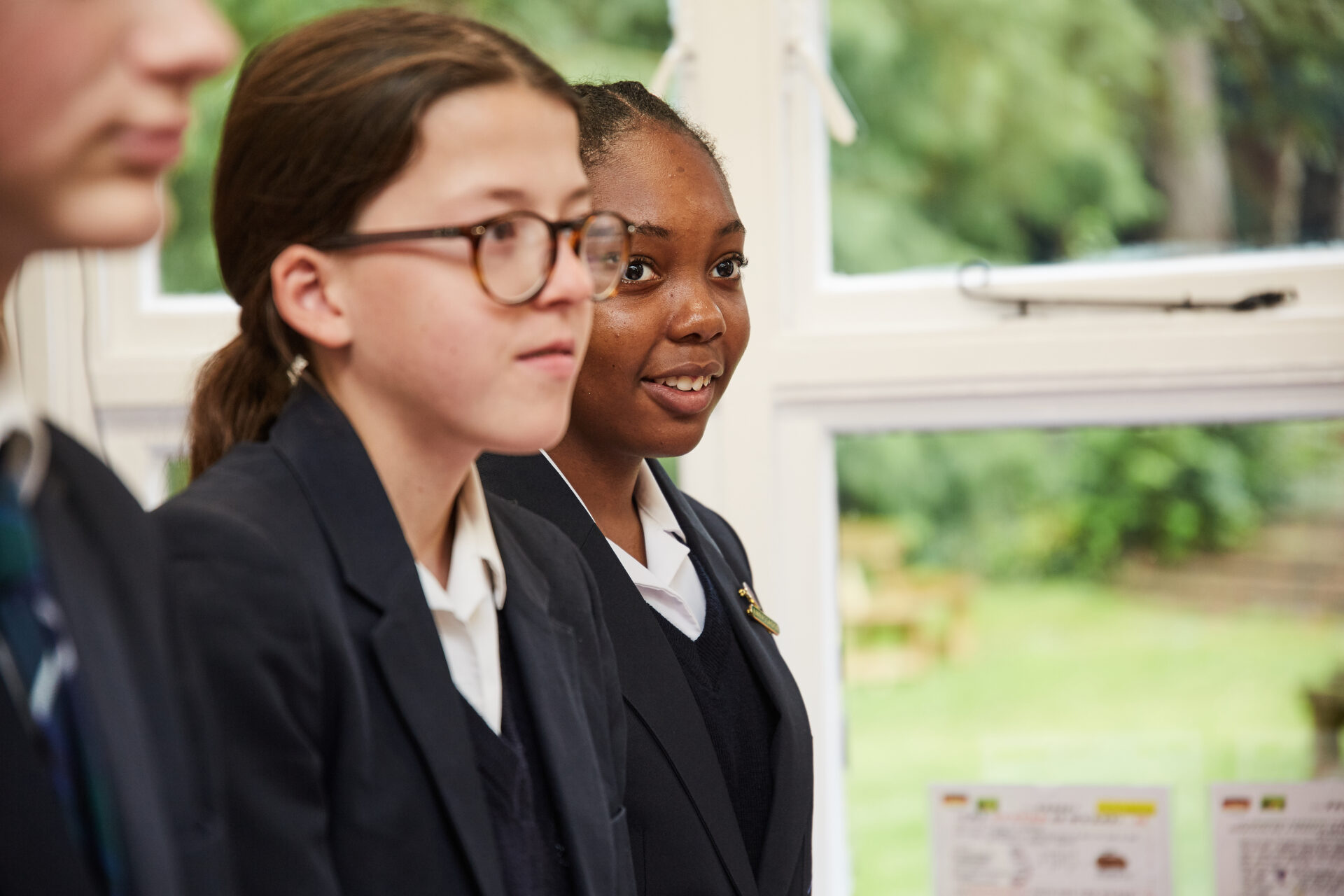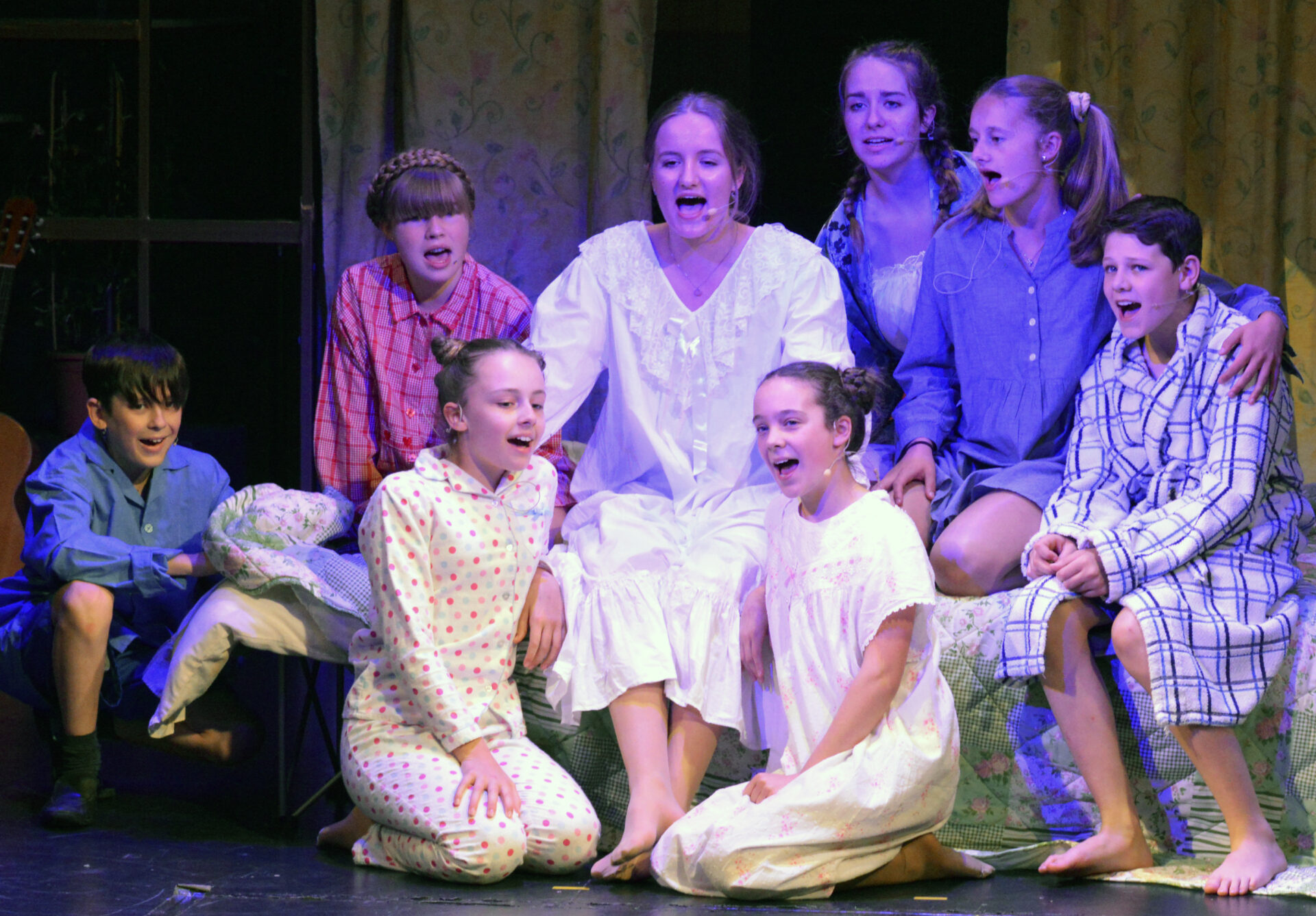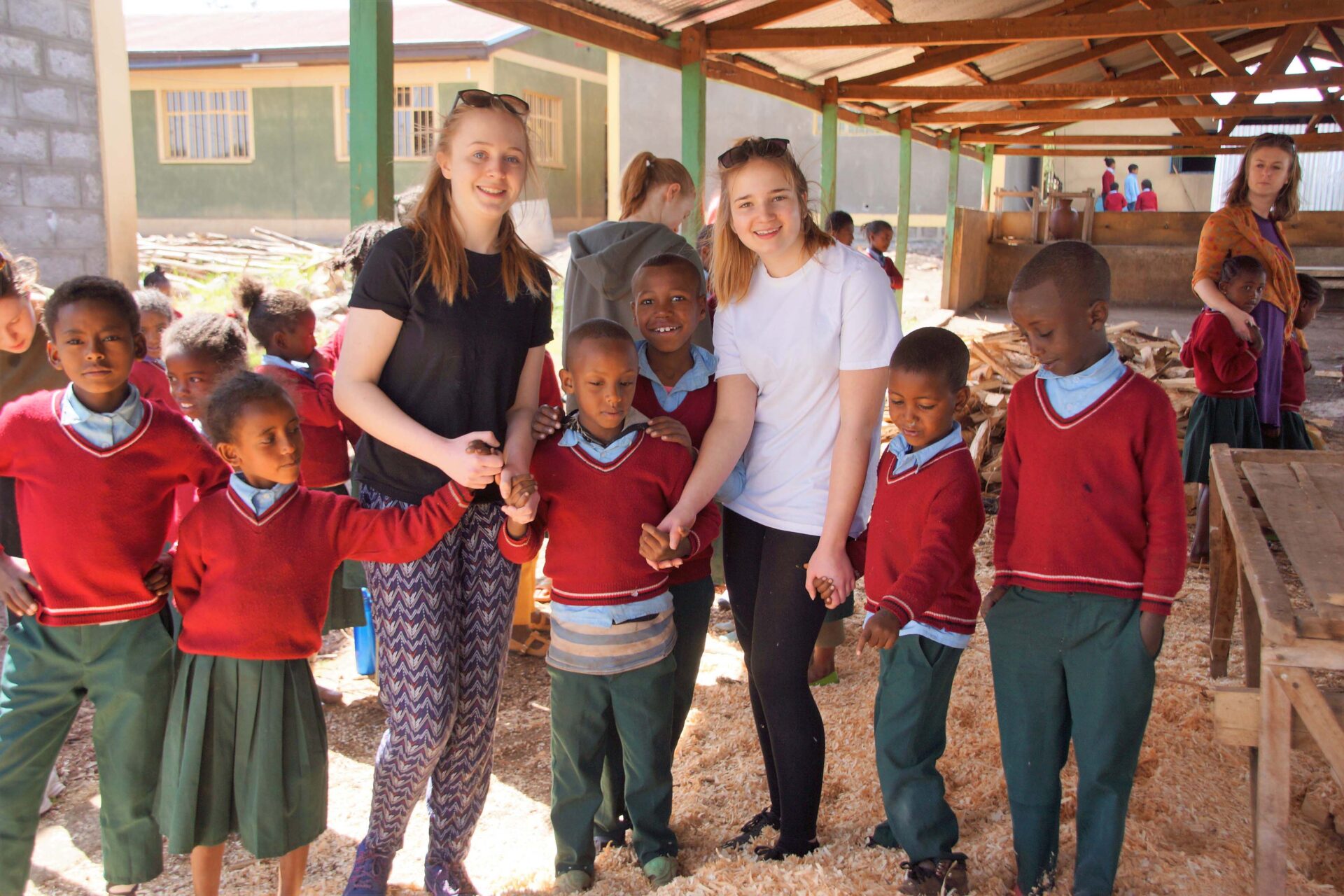
Discover practical advice for easing your child into boarding school life with insights from Luckley House School, a leading boarding school near London.
Boarding school can be a hugely rewarding experience, offering children a high-quality education alongside independence, resilience, and lifelong friendships. But for many families, preparing for that first step can feel daunting.
At Luckley House School, we understand the importance of helping your child feel confident, excited, and supported as they transition to life as a boarder. Just 40 miles from London, our school is set in beautiful, green surroundings and offers excellent facilities for academic, social, and personal development. In this guide, we’ll share practical ways you can support your child as they begin their boarding journey.
The Benefits of BoardingStart the Conversation Early
Talking openly with your child about what boarding school involves is one of the best ways to reduce anxiety and build confidence. Discuss daily routines, activities, and how boarding will support their education and personal development. Encourage them to ask questions, express any worries, and be honest about their feelings. This helps set realistic expectations and makes them feel included in the decision-making process.
Visit the School Together
Where possible, visit the school with your child before they join. Seeing their future home in person can significantly impact their comfort level. Walk around the boarding house, meet staff and pupils, and explore the school grounds. This helps turn the abstract idea of boarding into something real and familiar.
Many schools, including Luckley House, offer open and taster days which allow prospective pupils to experience the environment first-hand. These are excellent for building confidence and answering any lingering questions in a relaxed setting.
Encourage Independence Early
Boarding school naturally encourages independence, but it’s helpful to start building this confidence beforehand. For younger pupils, simple tasks such as making their bed, packing a school bag, or helping with meals are excellent practice.
For older children, establishing a consistent routine —perhaps a mix of homework, activities, and downtime —can help ease the transition to boarding life. At Luckley House, pupils benefit from a structured day that balances academics with enrichment, allowing them to thrive in and out of the classroom.
Focus on the Positives
It’s natural for children to feel nervous about starting boarding school, but helping them focus on the exciting aspects can shift their mindset. Talk about the fun of living with friends, the new hobbies they’ll try, and the many activities available outside of the classroom. From sports and drama to weekend outings, boarding school offers far more than just academic learning.
Remind them that homesickness is normal, and usually temporary, and reassure them that you’re only a phone call away. Most schools have excellent pastoral care systems in place to support pupils emotionally and practically.
At Luckley, our dedicated House staff are always on hand, and older students often act as informal mentors for younger boarders.
We also offer a student-led support group, which gives pupils an additional peer network during the school day. Our boarding environment is underpinned by Christian values of trust and respect, ensuring a strong sense of belonging and care from the very first day.
You might also find it helpful to explore some practical techniques for easing homesickness from wellbeing resources like Calm, which offer advice on building emotional resilience and managing big changes.
Involve Them in the Packing Process
Let your child help pack their belongings before term starts. Involving them in choosing clothes, personal items, and home comforts, such as photos, posters, or a favourite blanket, can give them a sense of ownership and excitement. Boarding rooms at Luckley House School are modern, comfortable, and designed to feel like a home away from home. Pupils are encouraged to personalise their space, helping them settle in quickly.
It’s also important to include essentials like nightwear, toiletries, and weather-appropriate clothing, especially for outdoor activities and sports.
There are plenty of helpful resources available for what to pack, like this boarding school checklist from the OBAS Group.
Consider a Gradual Transition
A phased approach can work well if your child is uncertain about full-time boarding. At Luckley, we offer flexi-boarding, where pupils stay overnight occasionally, and weekly boarding, which provides the structure of boarding during the week while keeping weekends free for family time.
This flexibility is especially helpful for families with busy schedules or those living in London and surrounding areas, who benefit from excellent transport links to our school. Many pupils begin with a weekly or flexi arrangement and choose to increase their boarding time as they become more comfortable.
Stay Connected, But Let Them Settle
Maintaining contact during the early weeks of boarding can provide comfort for both the child and their parent. However, it’s also important to let them settle, allowing them to form friendships and become familiar with their new routines.
Avoid overwhelming them with excessive contact, and trust the school’s pastoral care to support them on a day-to-day basis.
As your child becomes more comfortable in their new environment, you may find that they initiate contact less frequently. This is often a sign that they are settling in well.
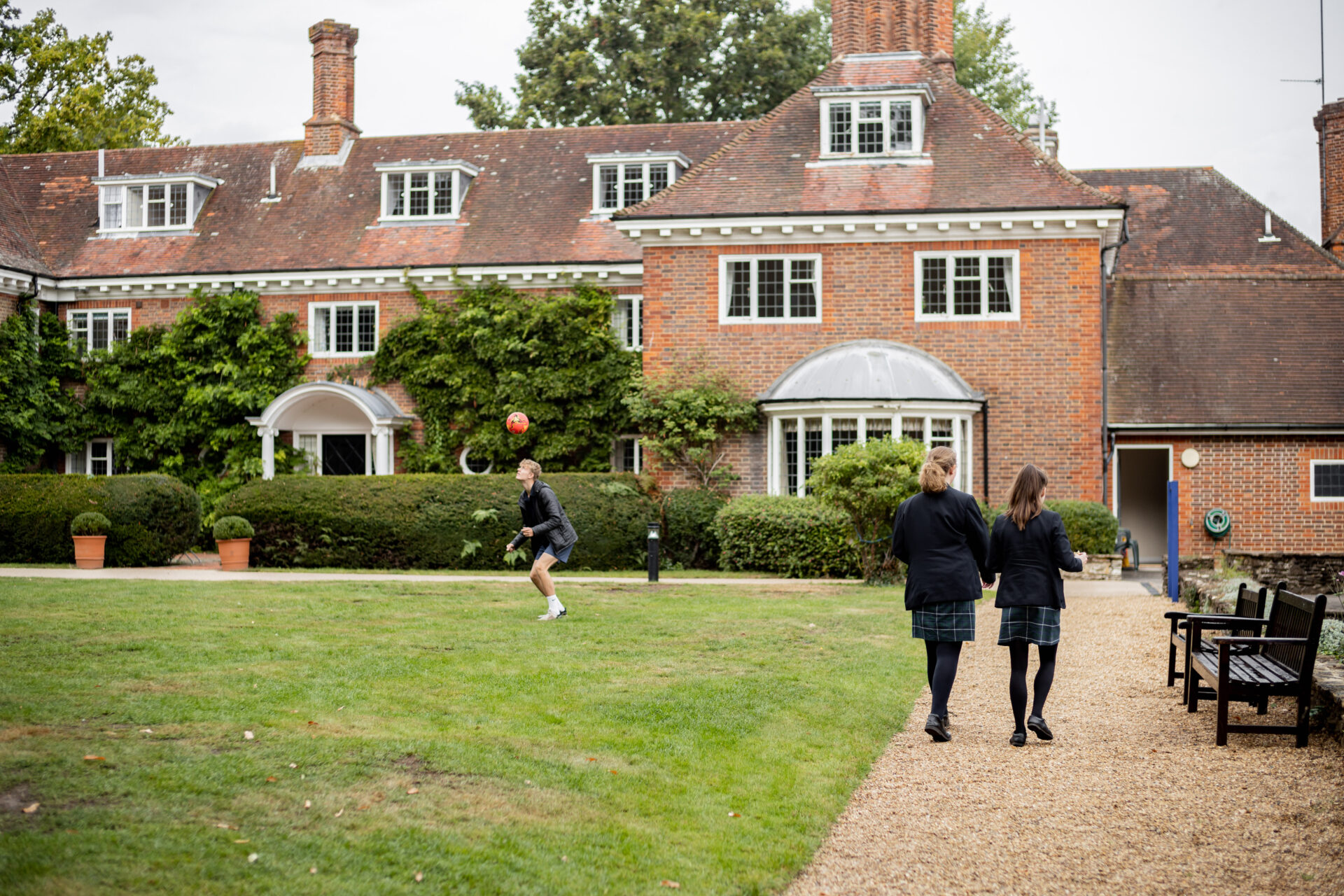
Nestled in the Berkshire countryside just 40 miles from London, Luckley House School offers a nurturing, family-style boarding environment where pupils thrive both academically and personally. Our small boarding community allows every child to feel known, supported, and at home while enjoying easy access to the cultural and educational opportunities of the capital.
To learn more about our boarding options and what life is like at Luckley, we encourage you to book a visit.
Visit Luckley


